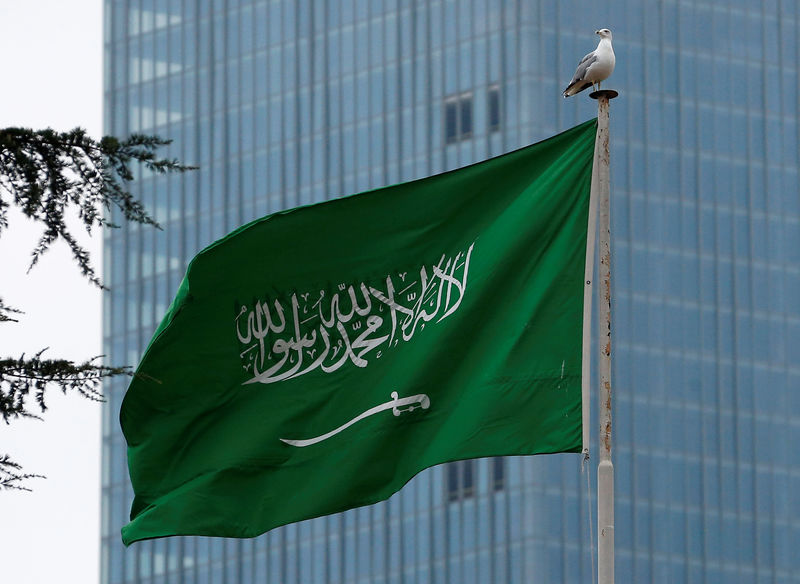(Bloomberg Opinion) -- By abandoning the swing producer model and being seen as triggering a price war in the energy markets, Saudi Arabia is resorting to a game plan that has worked in the past to restore output discipline on other large oil producers. Whether it works this time will be a function of an old question, and two new ones. Is the kingdom still better placed than others to navigate the immediate sharp drop in oil earnings? Will eventual supply cuts be able to catch up with a likely significant weakening in global demand? And how will Russia respond to being pressured in such a public — and unprecedented — manner?Frustrated by the unwillingness of Russia and some other producers to join in a collective and coordinated output cut, Saudi Arabia announced over the weekend that it would slash its contractual export terms. The result will be a significant fall in prices as other producers follow suit and, concurrently, some traders and short-sellers feel encouraged to push markets even harder in an attempt to force distress selling by those with over-exposed long positions.
This isn’t the first time that Saudi Arabia has taken this approach to resolve what is the main challenge to the Organization of Petroleum Exporting Countries’ ability to manage oil prices using its long-standing swing producer model. It requires members to collectively cut production when prices are under pressure, and increase it when energy utilization is buoyant and prices are heading up too fast and too far. To work well, the model needs to operate in a bounded range for global oil demand, be supported by the general compliance of OPEC members, and face only limited erosion from production outside the cartel.With the growth of shale oil and non-OPEC production, this third condition has been particularly challenging, adding to the recurrent problem of some members cheating on their output ceilings. Indeed, it convinced Saudi Arabia some five years ago to abandon the swing producer role for a while as a way of getting compliance within the group as well as collective action with other major producers, such as Russia, or what has become known as OPEC+. The Saudis also wanted to curtail what had been a massive investment phase in shale.For this to work again, Saudi Arabia will need to navigate what is likely to be a sharp drop in oil earnings in the interim – and do so better than most other producers using some of its inherent structural advantages, including very low cost-per-barrel production, long-standing marketing relationships, high productivity and adaptability, and a massive national and international infrastructure. The implied challenges, including tighter domestic budget conditions, will be amplified by what is likely to be fragile global demand as coronavirus fears continue to undermine activity through economic cascading stops that leave a path of simultaneous supply and demand destruction. Shale production is less of an issue as lower oil prices will quickly result in another market-driven reduction in output and investment in that area.
Then there is the question of Russia.Previously, the pressure on Russia was a lot less public and direct. This time, the inability of the two countries to agree on output cuts under the OPEC+ framework played out under close media scrutiny in Vienna. Few would doubt that subsequent Russian agreement to a lower individual output ceiling would amount to a major public concession, a fact that could well bother President Vladimir Putin. After all, Russia has repeatedly gone out of its way to avoid losing face.Saudi Arabia hopes to restore price stability to the oil market at a time of greater demand challenge. I suspect that the alternatives, either to accept the bulk of the oil cut itself while others free-ride, or to see market prices going down anyway as everyone pumps hard and the kingdom sticks to the prior terms, were not that attractive, either.
The hope for the kingdom is that coronavirus fears subside, economic activity recovers, oil demand picks up and Russia agrees to a new output ceiling that is not that onerous. In such a scenario, Saudi Arabia would also end up reminding other oil producers that it still calls the shots within OPEC+.
